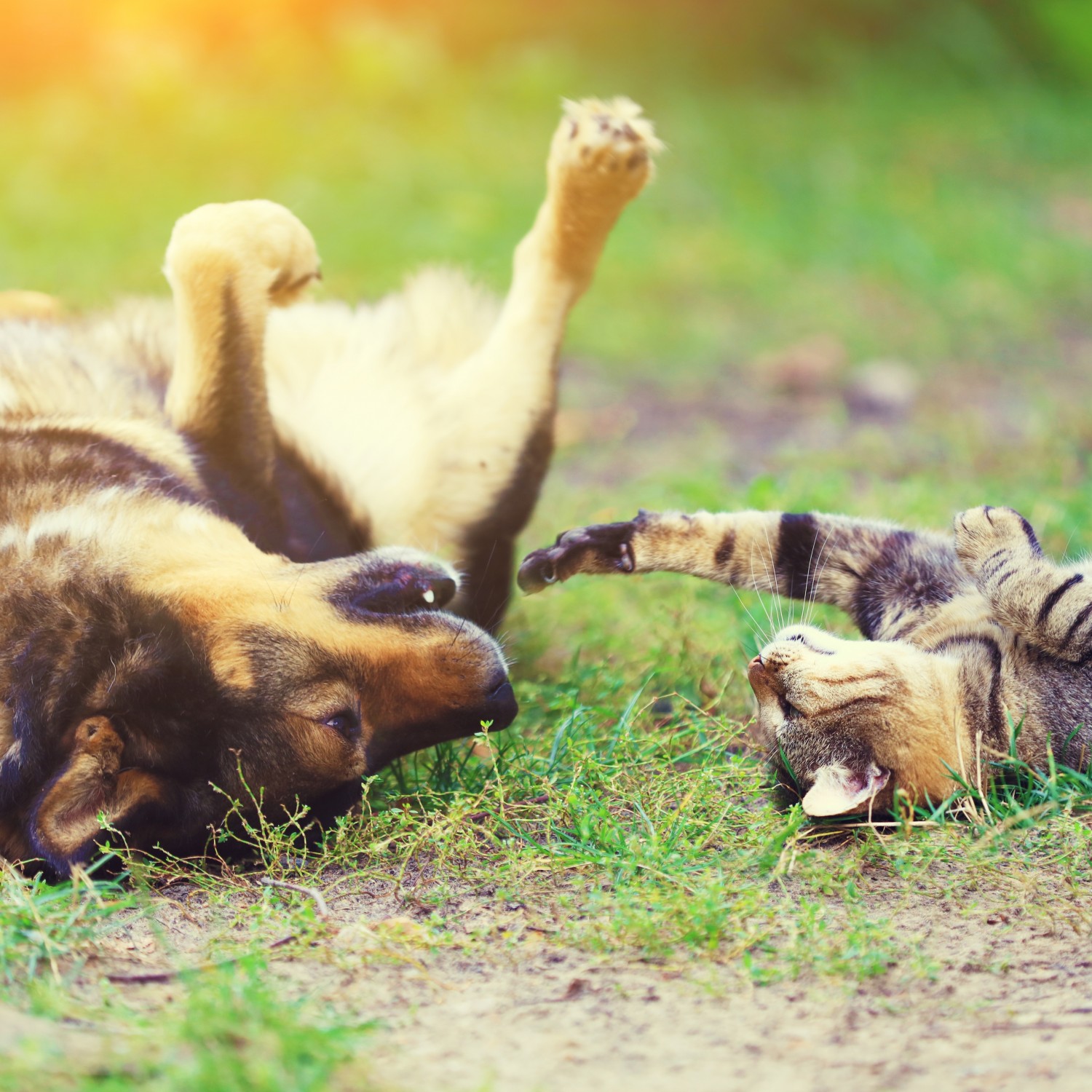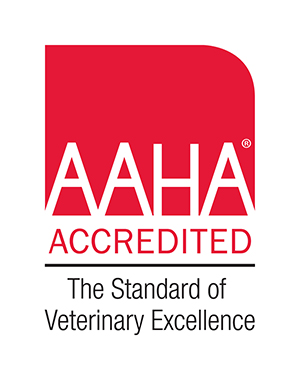|
Sharing your living space with a pet can be both fun and fulfilling. However, if not given the proper preventive veterinary care, your pet can also quickly become a hazardous carrier of internal and external parasites that not only affect the health of your companion animal, but also the wellbeing of you and your family.
Dogs commonly become infected with hookworms and roundworms through exposure to other infected dogs’ fecal matter. If, for instance, your dog walks through another’s stool then lick his paws, he is now infected. Soon after, your pet could also be spreading these parasites to you and others. Cats most often are infected with hookworms and tapeworms through prey like rabbits or house mice. Indoor cats can even be exposed through parasite eggs brought inside by houseflies and other insects.
Pets can also easily get fleas and ticks, which can spread through your home or latch onto you, causing sicknesses such as Lyme disease or secondary parasitic infections like tapeworms in both you and your pet. Mosquitoes, too, can infect your dog or cat with heartworm. Indoor pets are also at risk, as mosquitoes can easily enter the home.
OTHER DANGERS AND SYMPTOMS OF PET PARASITES MAY INCLUDE:
- Secondary conditions in humans (especially children, elderly, and immune-compromised people) such as:
- Pet conditions including:
PET PARASITE SYMPTOMS (SOMETIMES DIFFICULT TO DETECT) LIKE:
- No symptoms
- Diarrhea
- Vomiting
- Coughing or gagging
- Dull hair coat
- Weight loss
- Weakness
- Fever
PARASITE PREVENTION TIPS
“1 to 3 million people in the U.S. have infections from the same parasites carried by pets.” Prevention is key!
- Consistently administer preventives like Heartgard Plus, Frontline Plus for dogs, and Revolution for cats, all available from our pharmacy onsite or online.
- Attend annual pet wellness appointments; call us to make your appointment today.
- Bring stool samples to us at least twice per year
- Test new pets for parasites as soon as possible.
- Clean your cat’s litter box frequently and pick up after your dog at least daily.
- Wash your hands before eating and after playing with your pet.
- Avoid feeding your pet raw meat.
- Provide fresh and clean drinking water.
- Try to prevent your pets from hunting small prey and sniffing around other feces.
|
|











